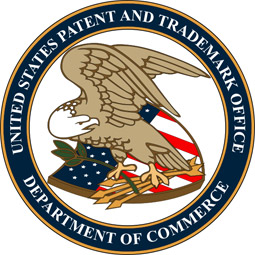Is the Patent Office backing off rigor on software patents?


Obviousness is a hurdle every patent application must cross to be approved by an examiner.
It has been especially obnoxious in the world of software patents, one example being Amazon's One-Click Patent, which makes us all go through multiple steps when we buy online anywhere else.
(That may look like a floppy disk under the eagle's right wing there, but closer examination shows it to be part of the shield the eagle has landed upon. Would that a patent troll be found under the shield.)
In addition to being obvious, the One-Click Patent (and many others) fail my mousetrap test. You should be able to patent a mousetrap design, just not the idea of catching mice.
Some patent attorneys think this weakening of obviousness obviously means it's going to be easier to sneak obvious ideas through the patent office. That's Slashdot's fear as well.
I don't think it's quite that obvious.
More important than the various tests of a patent is the examination process itself along, of course, with the result. In the last few years those results, while a big uneven, have seemed to be moving in the direction of rigor.
But we won't really get what we need until we have more patent examiners. The Patent Office badly needs its own stimulus, to reduce the backlog of applications and to apply more care to their examination.
If it takes three years to get an application through the process, and that application isn't examined rigorously, the standards and procedures make little difference.
It also matters little what advocates on any side say if the Patent Office doesn't have the time and people needed to digest these offerings. This seems obvious to me.
So I am uncertain about the Patent Office's policies, but I am certain about its budget. It needs to go up. And if someone can suggest that money come from somewhere other than the general fund it might help the necessary medicine go down.